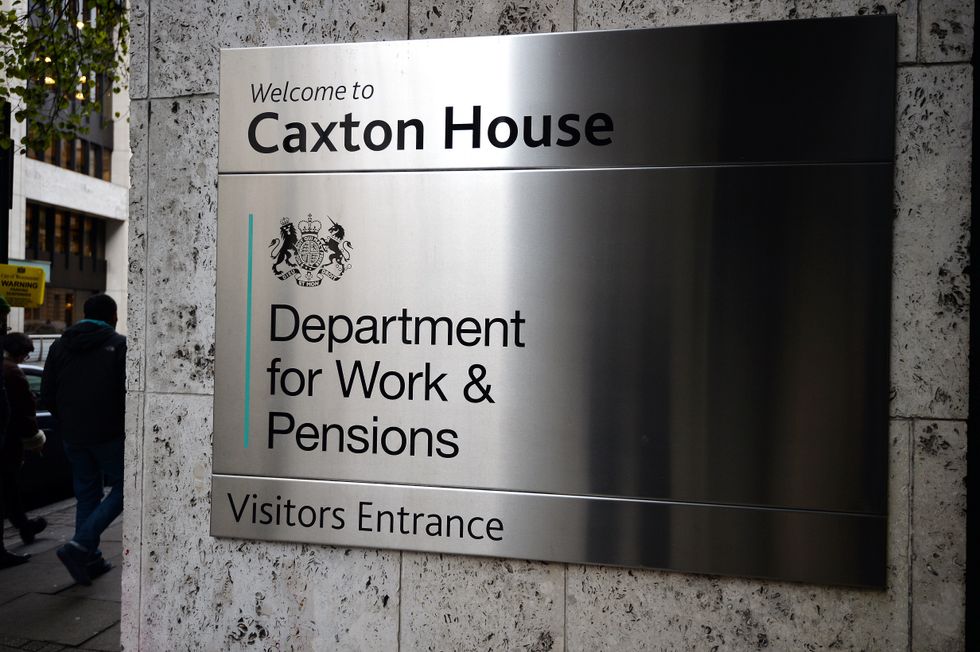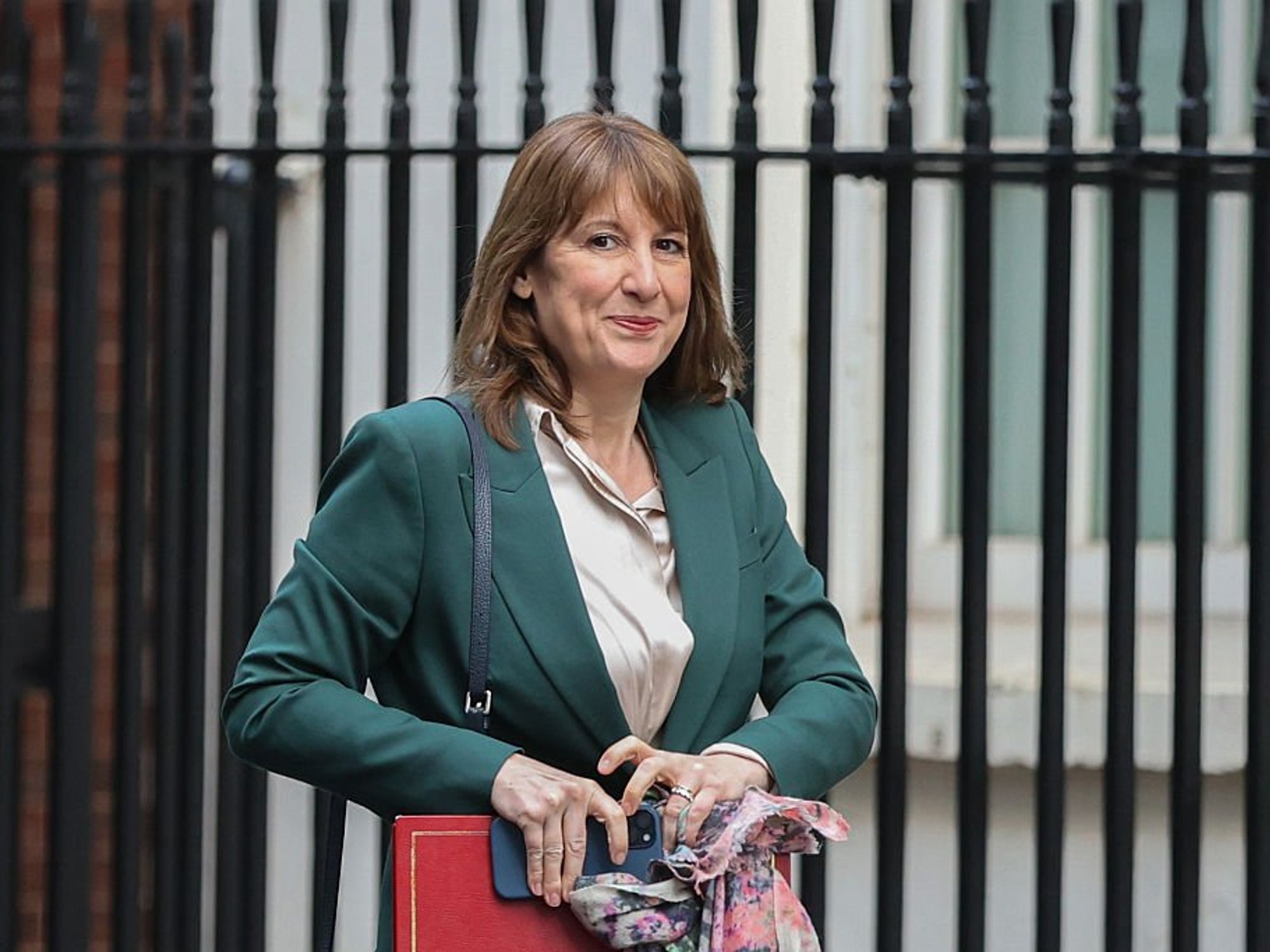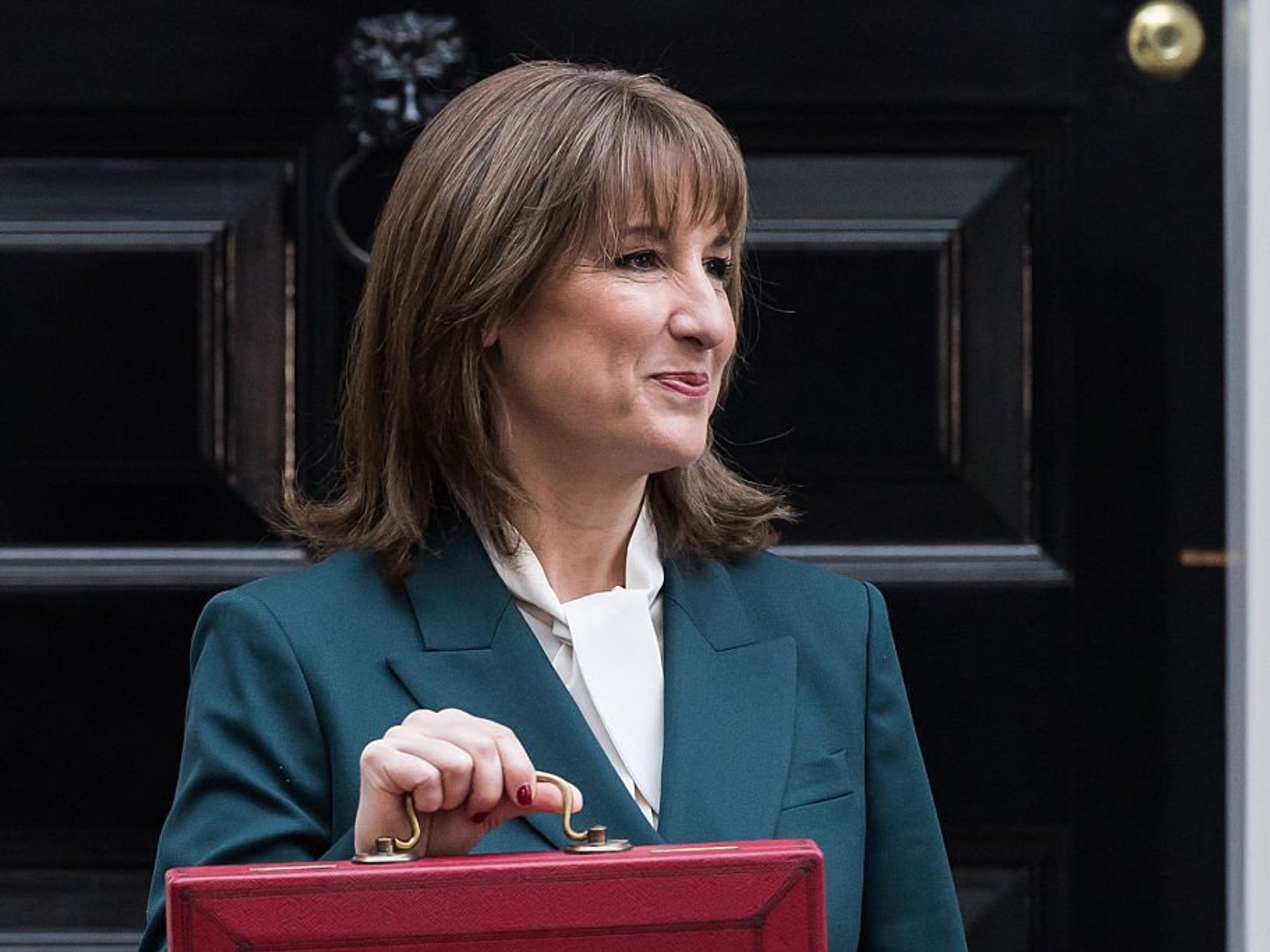State pension alert: Pressure grows for early access at 63 as Labour review launched

GBNEWS

Research by the Institute for Fiscal Studies has suggested the state pension age could rise to 69 by 2049 and to 74 by 2069 without reform
Don't Miss
Most Read
New proposals have been put forward that could let workers start claiming their state pension from age 63, although at a lower weekly amount.
The Government is preparing a full review of the retirement age, and there are growing calls for more flexibility over when people can access their payments.
At the moment, the state pension age is 66 for both men and women. It is due to rise to 67 between 2026 and 2028, and then to 68 between 2044 and 2046.
Under current rules, people can delay taking their state pension to get more money, but there is no option to claim early.
Steven Cameron, pensions director at wealth firm Aegon, said: "We support giving people the choice to draw it say up to three years earlier, at a reduced amount to make it financially fair for all."
He also suggested a backup plan where access would be guaranteed from no later than age 68, even if the official retirement age keeps rising.
Cameron said the current system is unbalanced, because people can delay their pension for a higher amount but cannot start it early at a reduced rate.
A previous Government review led by Baroness Neville-Rolfe proposed letting certain workers, such as those in manual jobs, access the state pension early. But Cameron warned this would be too hard to manage.
 The state pension is the second-largest item in the Government’s budget after health | GETTY
The state pension is the second-largest item in the Government’s budget after health | GETTYHe said: "We believe giving special terms to particular groups would be extremely difficult to implement fairly. Who would decide which 'jobs' qualified? How would this be monitored?"
Instead, he believes everyone should have the option to start their state pension a few years earlier, with payments adjusted to reflect the longer payout period.
The upcoming review of the pension age comes at a time of growing concern over cost.

The state pension is not pre-funded but paid for by today’s workers through income tax and National Insurance.
| GETTYThe state pension is not pre-funded but paid for by today’s workers through income tax and National Insurance.
Cameron said: "The state pension is highly valuable, but also highly costly to provide. It is not funded in advance but paid for from income tax and National Insurance of today's workers."
More people are living longer, meaning a growing number of pensioners relative to the working population, which increases the financial pressure.
The Department for Work and Pensions has restarted the Pensions Commission, first set up 20 years ago, to take a fresh look at how pensions and savings are managed across the UK.
There are also concerns the pension age may rise faster than expected. The triple lock, which increases the state pension every year by the highest of wage growth, inflation or 2.5 per cent, is adding to costs.
This April, the full new state pension rose by 8.5 per cent to £230.25 per week. The Office for Budget Responsibility says the triple lock could cost £15.5 billion per year by 2030, three times more than originally forecast.

Research by the Institute for Fiscal Studies has suggested the state pension age could rise to 69 by 2049
| GETTYResearch by the Institute for Fiscal Studies has suggested the state pension age could rise to 69 by 2049 and to 74 by 2069 without reform.
Baroness Neville-Rolfe has proposed linking the state pension age to life expectancy, which could bring forward the rise to 68 between 2041 and 2043, earlier than currently planned.
Her figures also suggest the age could reach 69 between 2046 and 2048, with people born in the 1980s possibly having to wait until 70 to retire.
Baroness Altmann has warned against further increases. She told the Daily Mail the triple lock was "not sustainable" in the long term, and that differences in life expectancy between regions made a one-size-fits-all policy unfair.










